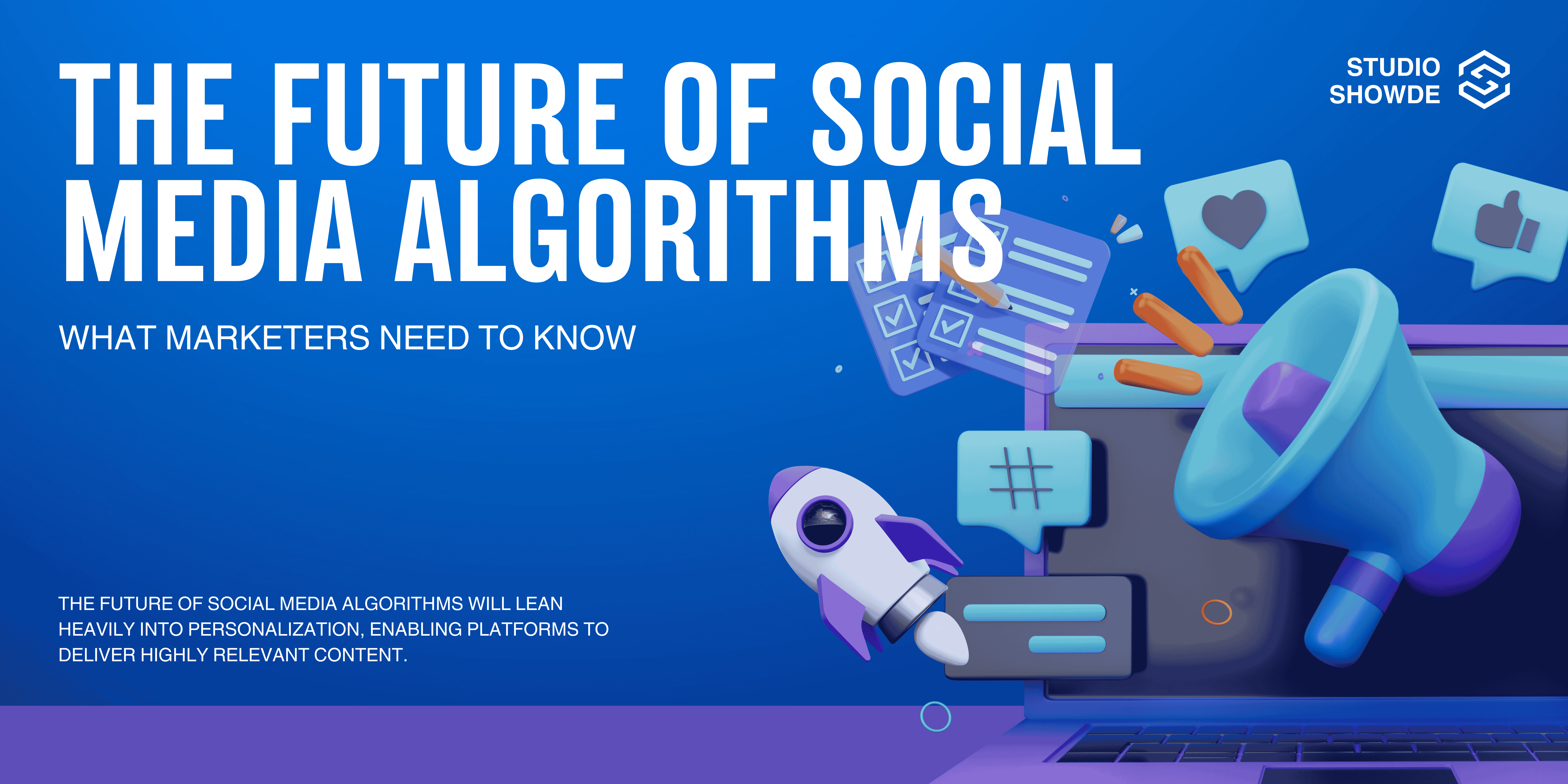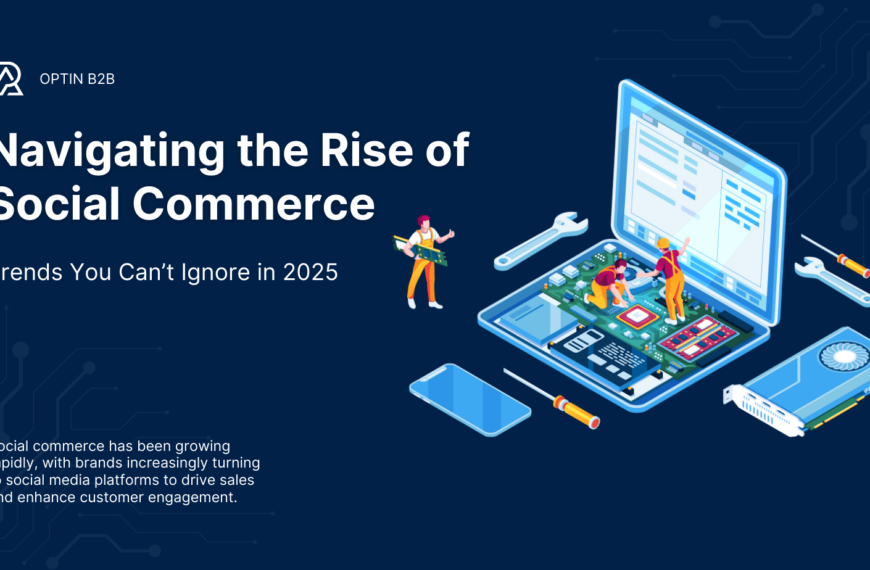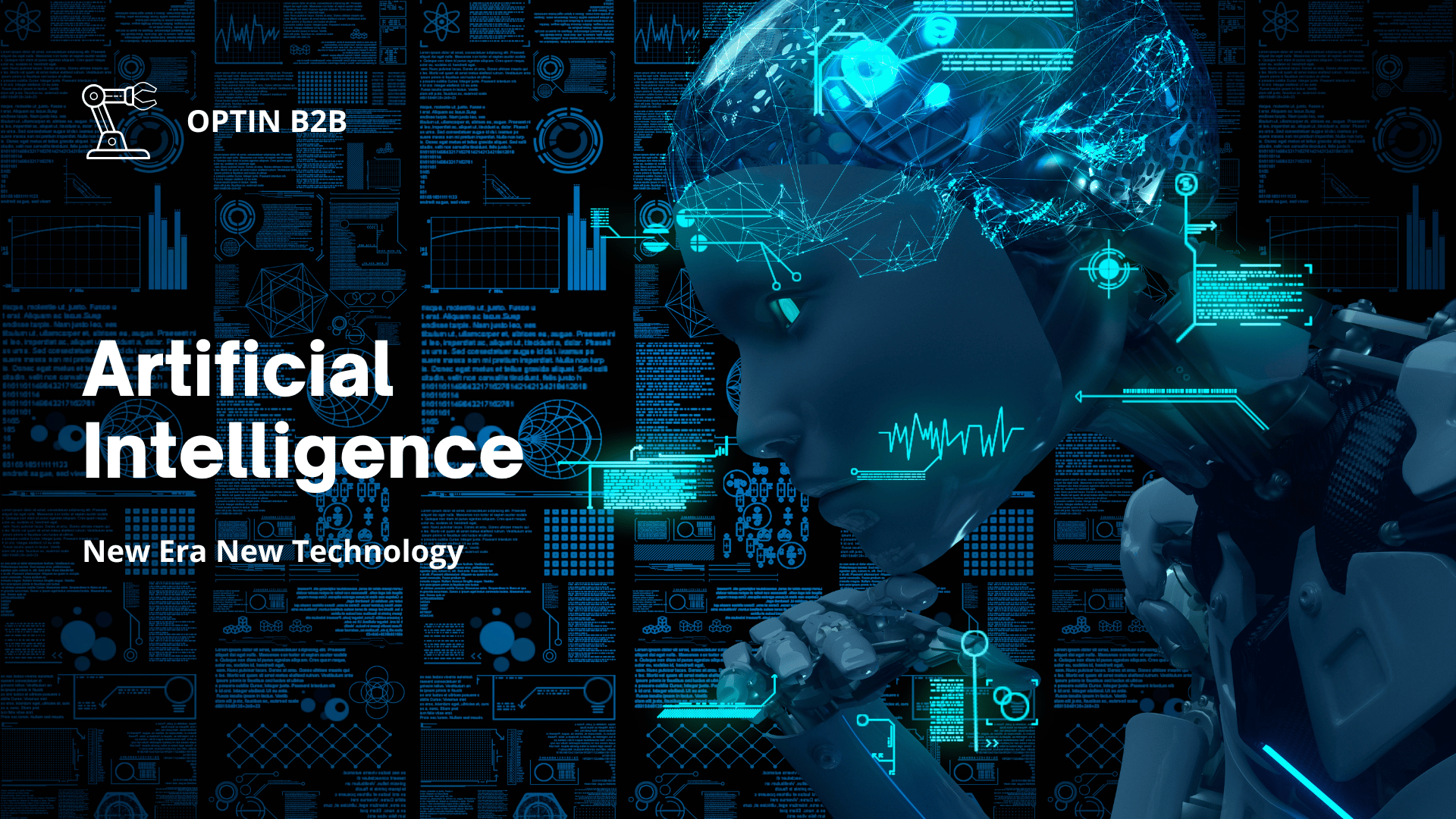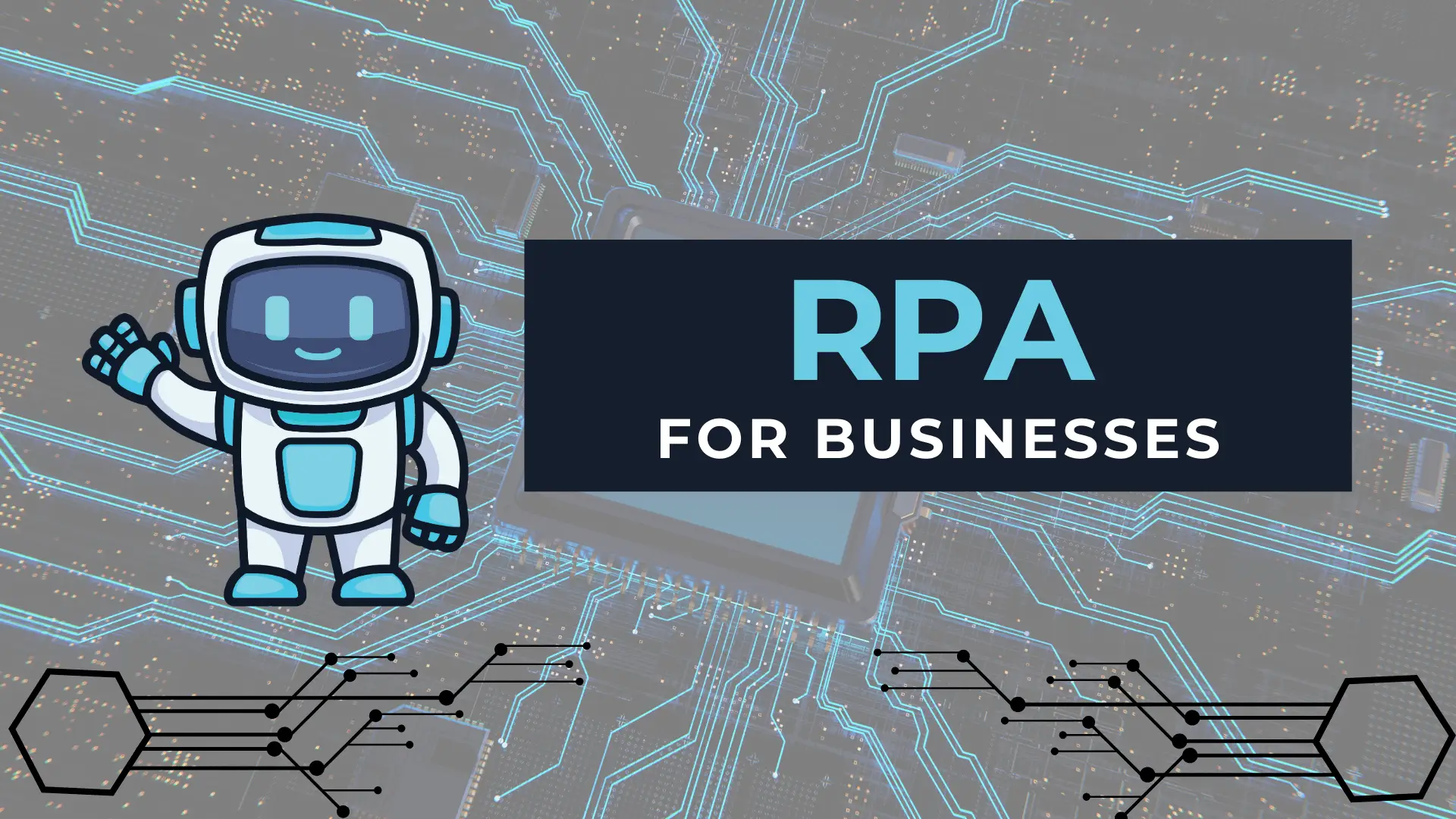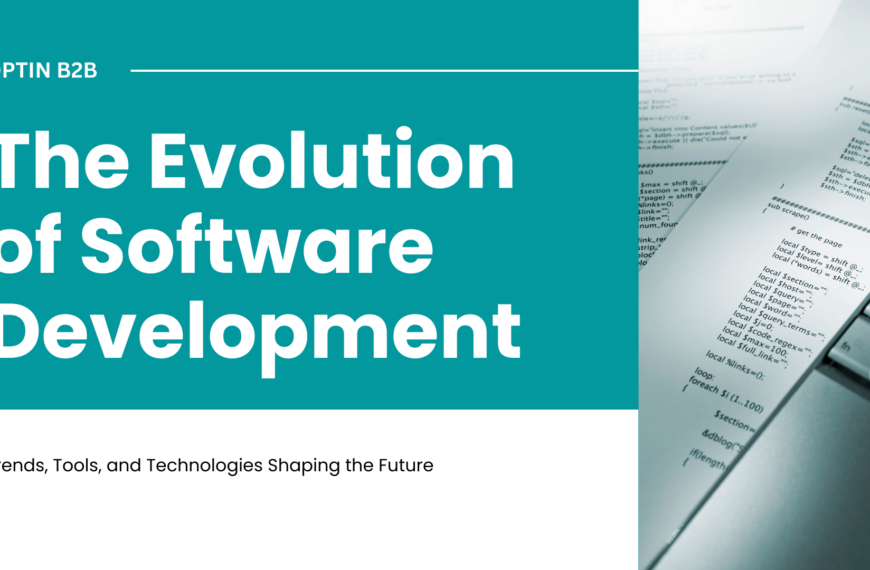As social media continues to evolve, so do the algorithms that drive how content is seen and shared. These algorithms are constantly shifting to provide users with more personalized, engaging experiences. For marketers, understanding how these changes will impact visibility and engagement is crucial for staying ahead. By 2025, the future of social media algorithms will likely be dominated by a few key trends that will reshape marketing strategies.
Personalization Will Be More Precise Than Ever
The future of social media algorithms will lean heavily into personalization, enabling platforms to deliver highly relevant content. As artificial intelligence (AI) and machine learning continue to evolve, social media platforms will increasingly rely on sophisticated algorithms that predict user behavior. This will allow them to serve more tailored content, whether it’s advertisements or organic posts. Marketers need to embrace hyper-targeted content strategies to reach specific user segments based on past behaviors, interests, and interactions.
Increased Emphasis on User Engagement Signals
User engagement will continue to be a core component of social media algorithms. However, in the future, platforms will likely place even more weight on deeper, more meaningful interactions rather than just likes or shares. Comments, time spent engaging with content, and even the frequency of interactions will play a more prominent role in determining visibility. Marketers will need to shift their focus to create content that sparks meaningful conversations, encourages user interaction, and fosters a community around their brand.
Video Content Will Dominate the Algorithm
With platforms like TikTok and Instagram pushing video content to the forefront, the future of social media algorithms will see an even stronger emphasis on video. Short-form video, in particular, is becoming a critical tool for marketers. The ability for video content to go viral has made it an essential part of any social strategy. Marketers will need to optimize their content for video, ensuring it resonates with their audience while being optimized for the ever-evolving algorithm.
Privacy and Data Protection Will Shape Algorithms
As privacy concerns continue to grow, platforms will be forced to make adjustments to how they use personal data for algorithmic targeting. We are already seeing a shift towards more privacy-conscious strategies, especially with regulations like GDPR and CCPA. Social media platforms will have to adjust their algorithms to be less invasive while still delivering targeted content. Marketers will need to strike a balance between personalizing content and respecting user privacy to stay compliant and maintain trust.
The Rise of AI-Driven Algorithms
Artificial intelligence will play a significant role in shaping the future of social media algorithms. AI-driven systems will become smarter, capable of understanding and predicting user behavior with greater accuracy. These systems will not only enhance the user experience but will also enable marketers to deliver highly optimized content at the right time. With AI tools, marketers will be able to analyze vast amounts of data to fine-tune their strategies, optimize engagement, and ultimately drive conversions.
The future of social media algorithms presents both challenges and opportunities for marketers. As algorithms become more advanced, personalized, and data-driven, marketers will need to stay agile and adapt to these changes. By focusing on creating meaningful content, embracing video, and using AI to analyze user behavior, brands can continue to succeed in an ever-evolving digital landscape. Understanding these trends and preparing for them will be key to staying competitive and maintaining strong social media engagement in 2025 and beyond.

